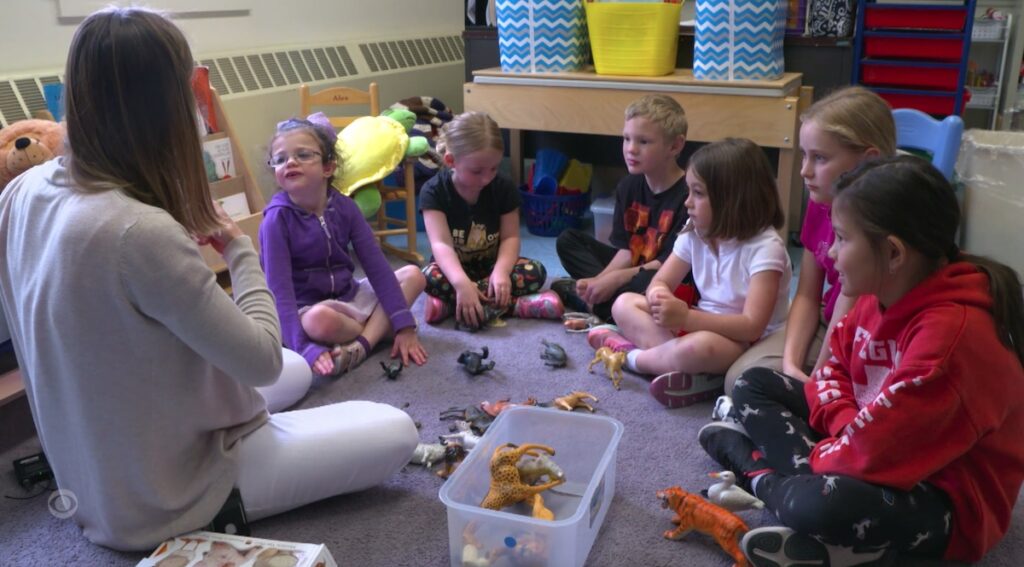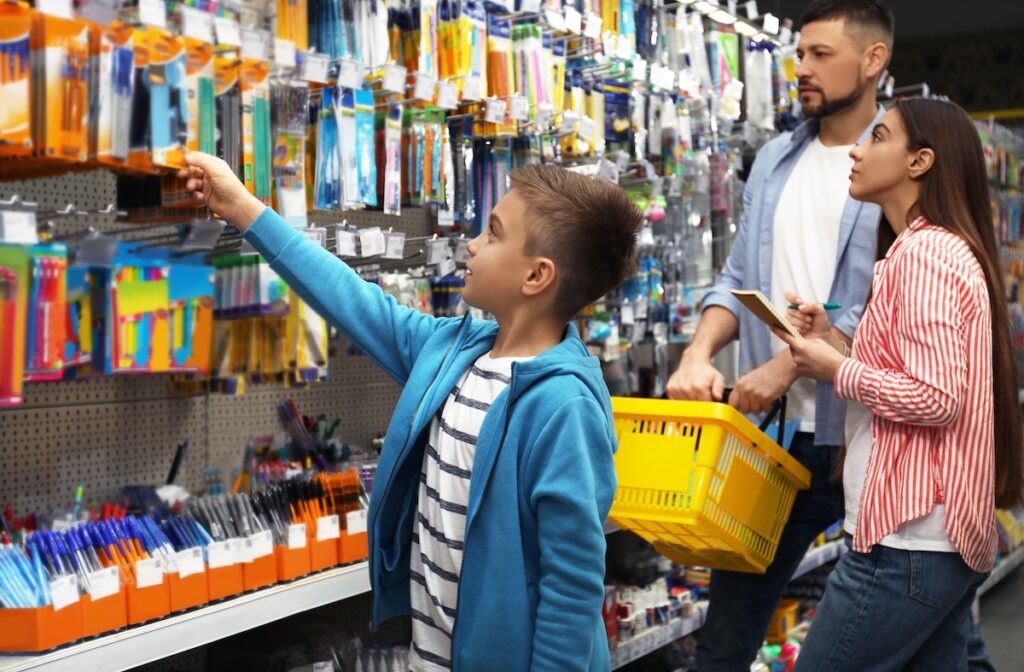
Shopping responsibly can be a challenging lesson in self-control, but it is one that is important to maintain fiscal responsibility. It is important to consider our wants and needs to make smart shopping choices while also being fair in how we meet everyone’s needs.

Make decisions based on rationality, ethics, and effectiveness.
Regulate emotions, attitudes, and actions, and manage negative emotions and impulses.
Acquire, remember, understand, and apply knowledge.
Fully engaged in the educational process and connected to the school community.
This lesson is provided due to support from

Materials/Preparation
Explore responsible shopping with your students using the “Learning to Be a Smart Shopper” lesson from Wells Fargo’s Hands on Banking curriculum. This lesson is designed for students in grades 1-3, but it can be modified to meet the needs of upper elementary students as well.
Discussion Prompts
Family Connection
Making smart shopping choices is sometimes challenging when we are asked to think about our wants versus needs. Take your child grocery shopping with you and discuss the prices you see and how you decide what you will buy. Talk about how this is part of being responsible with your money to ensure you have enough for other needs and expenses. At a young age, it can be challenging for children to understand why they cannot always get the toy or game they want to have. Spending time discussing money and how you have to balance wants and needs will help them develop responsibility with money.
You can complete the Plan a Family Fun Event worksheet as a family to talk about smart choices and spending money.